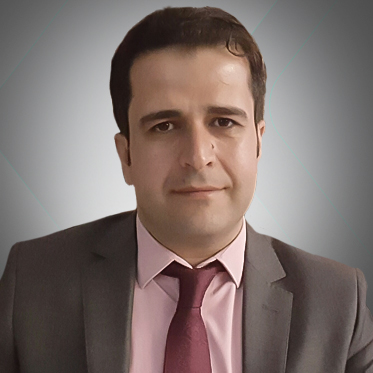As powers flock to oppose referendum, Kurdish unity is biggest weapon
.JPG)
LONDON, United Kingdom (Kurdistan 24) – As Kurdish nationalist fever amplifies in the days leading to the historic Kurdistan independence referendum, so has the opposition and language of threats from neighboring countries and global powers.
Such language emanating from Turkey, Iran, and Iraq suggests the plague of subordination the Kurds are desperately trying to quell remains as alive as ever.
Historically, these respective countries have had many divisions and even gone to war, but their Kurdish problem has been somewhat of a uniting factor. As Turkish Foreign Minister Mevlüt Çavuşoğlu met with his Iraqi and Iranian counterparts at the United Nations to discuss joint measures against the Kurds, this factor was on show once again.
More importantly, it suggested that even in the modern era, and after 100 years of repressive policies against the Kurdish people, they still view the Kurds as inferior actors under their sphere of influence that had bitten off more than it could chew by challenging them.
At great odds over US foreign policy in Syria that has sidelined Ankara, even Turkish President Recep Tayyip Erdoğan and US President Donald Trump agreed on a common stance against the Kurdish vote.
Later, the United Nations (UN) Security Council, who have barely agreed on any common motions over the crippling six-year Syrian civil war, quickly found a collective voice to object to the Kurdish referendum.
Meanwhile, Turkey’s National Security Council issued a statement warning the referendum was “threatening Turkey’s national security.” This then led to Turkish parliamentary approval for the extension of the military mandate that allows cross-border operations in both Iraq and Syria.
Turkish Defense Minister Nurettin Canikli underlined Turkish reasoning for such action due to “illegal ethnic separatist attempts” in Iraq and Syria. Canikli warned, “Kurdish people will suffer most [if] this referendum is held.”
Turkish Prime Minister Binali Yildirim emphasized “security” options as Ankara continued to warn of reprisals for Kurdish failure to heed Turkish calls.
“The steps will be taken in close cooperation with Iraq, Iran, and other neighboring countries,” Yildirim added. “These measures will have diplomatic, political, economic and security dimensions.”
While the response from neighboring powers is somewhat more predictable, the response from the international community, particularly the UN, UK, and the US is shrouded by double standards.
After all, this is the same US and UN that endorsed the independence of Kosovo, as they deemed Serbia had forfeited their right to rule Kosovo due to ethnic genocide.
This is the same UK that allowed Scotland an independence referendum in 2014—with many Scottish nationalists eying a repeat vote—and that recently held a referendum on exiting the EU.
The actions of the West were largely responsible for putting the Kurds in a tragic plight of being divided in the first place and then subject to mass persecution under Turk, Arab, and Persian rule where Kurds continue to be viewed as second-class citizens.
The Kurds became a secular and plural beacon of support and stability in a sea of sectarian bloodshed that has engulfed Iraq since 2003.
The Kurds were later instrumental in driving out the Islamic State (IS), which was not just a regional battle, but also a battle that they carried on behalf of the world.
Ironically, these same allies now accuse the Kurds of fermenting instability and hampering the fight against IS that if not for the Kurds, the West would not be able to win.
Kurdistan Region President Masoud Barzani recently underlined Kurdish disappointment: “It was surprising to see the reaction from the international community. Where is your democracy now? Where are the UN charters? Where is the respect for freedom of expression? After the big sacrifice of the Peshmerga and breaking the myth of [IS], we thought they would respect this right.”
The Kurds may have more strategic and economic clout since the days of the 1990s. However, the sudden cold feet from the West even as Kurds practice democratic values, and the swift change in attitude of neighboring powers the moment Kurdistan is deemed to step out of line, is a reminder to Kurds that ultimately the only true friend of the Kurd is the Kurd himself.
All Kurdish political parties and the Kurdish nation should unite in agreement that any suggested alternative to the independence vote would mean a continuation of an inferior standing in the region.
President Barzani’s leadership, resilience, and strength to uphold the vote despite streams of opposition have galvanized the Kurds further.
If President Barzani and the Kurdistan Region Referendum Council had bowed to the great pressure to cancel the vote, the Kurdish evolutionary train would have irreparably derailed.
The Kurds have never achieved anything without great sacrifice. Through unity, they can ride out any security, political, or economic storm that opposing sides muster.
In any case, threats of military intervention or economic embargoes to punish the Kurds are not only a stain on regional powers, but a great stain on the US, UN, and the entire West.
Editing by Karzan Sulaivany
